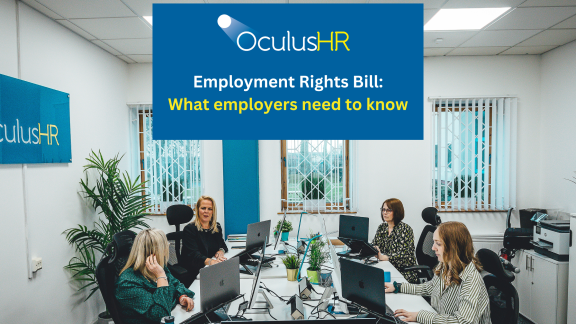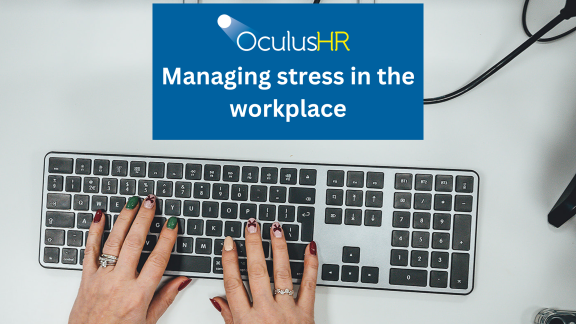There’s a growing challenge in the modern workplace – the accidental manager.
According to research carried out by the Chartered Management Institute (CMI), 82% of UK managers have been promoted into their roles without any formal training or structured support.
While promotions are often a natural progression for high-performing employees, many are being placed into management positions without the tools or preparation needed to lead teams effectively. Thrown into roles that demand a completely different skillset, they’re expected to manage people, navigate conflict, and drive performance, without the experience or guidance to succeed.
The result? Overwhelmed mangers, disengaged teams, and a growing gap between expectations and day-to-day realities. The impact on morale, retention, and productivity can be significant and costly.
The problem with unprepared managers
A manager plays a crucial role in the success, wellbeing, and morale of a team. When someone is promoted without the skills or support they need to manage effectively, the impact can be felt almost immediately, often becoming a source of stress and uncertainty for both the new manager and their team.
According to recent figures, 33% of managers in the UK have never received any formal management training, including 26% of those at a senior level. Without clear guidance or development, new managers are left to navigate the complexities of people management alone, from handling team dynamics and performance conversations to managing conflict and driving motivation.
This lack of preparation not only affects how confident managers feel in their role, but also how they’re perceived by their teams. Challenges that could be addressed through early training, such as setting expectations, giving feedback, or managing underperformance, can quickly escalate, leading to tension, reduced productivity, and disengagement.
The impact on teams and culture
The consequences of ineffective management extend far beyond the individual manager. If they lack the skills to support, engage, and motivate their team, it can lead to low morale, unclear expectations, and increased stress across the board. Over time, this creates an environment where trust breaks down, communication falters, and team performance begins to suffer.
In fact, 67% of UK employees have either quit or seriously considered leaving their role due to poor management. That’s two-thirds of the workforce affected by something that is entirely preventable with the right support and investment.
Crucially, this isn’t just about how people feel. It directly impacts business outcomes too. High turnover, lost productivity, and a disengaged workforce all come at a cost. And, when poor management is left unaddressed, it can lead to a negative workplace culture that’s difficult to reverse.
But, with the right training and support in place, many of these challenges can be avoided.
Why does this keep happening?
So why do we continue to promote people into management roles without ensuring they’re properly prepared?
In many cases, it comes down to a misunderstanding of what makes a great manager. High performing employees are often rewarded with promotions because of their technical expertise or knowledge, but management requires a completely different skillset. Just because someone excels in their current role, doesn’t mean they’re ready to manage others.
Sometimes, it’s a case of necessity. A vacancy arises, and someone needs to step up quickly to fill it. In other situations, there simply isn’t a clear development pathway in place to support individuals as they move into leadership roles – no training, no mentoring, no gradual transition.
This reactive approach to promotion is often underpinned by bias or internal politics. In fact, 46% of UK managers believe that promotions are based on internal relationships or visibility, rather than actual ability. That’s a worrying trend, especially when you consider how central a manager’s role is to business performance, team engagement, and staff retention.
Without a shift in mindset and better systems in place, we risk repeating the same cycle – promoting people based on familiarity or output rather than management potential, and then leaving them to figure it out on their own.
So what needs to change?
If we want better managers, we need to be more intentional about how we prepare them for the role.
That means:
We wouldn’t expect someone to operate new machinery or manage a large budget without training, so why do we expect them to manage people without it? Good management can be learned but only if we give people the time, tools, and support they need to grow into the role.
It’s time to invest in our managers
If you’re seeing signs of accidental management in your organisation, such as team tension, high turnover, or overwhelmed new managers, it might be time to take a step back and ask: are we truly preparing people or just hoping they’ll figure it out?
Effective management doesn’t happen by chance. By investing in the right support and development early on, businesses can build stronger, more confident managers and create teams that thrive because of it.














